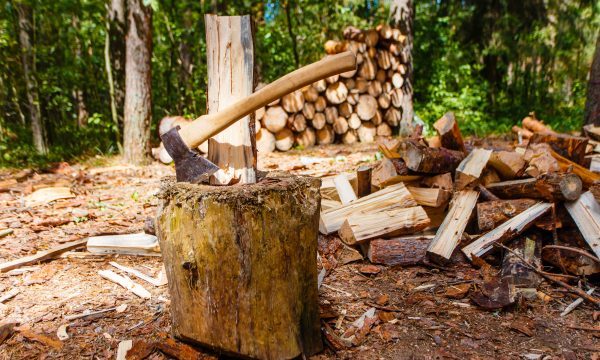There are several options when it comes to using a wood for smoking meat, including both fruit and nut varieties. Each type of wood offers unique and distinguishing flavors, compositions, and burning points, making the decision an integral part of the overall smoking process. In fact, it is critical to select the proper wood for your particular cut of meat to achieve the best results. See our blog, “Various Wood Chip Options for Smoking Meat” for a guide to matching wood chip flavors to popular cuts of meat.
Choosing the right wood chip is very important for flavor, but also for safety. There are several types of wood that can be dangerous or harmful, which means you should avoid using them entirely using the smoker grill. Continue reading to learn which woods you should never use to smoke meat or other foods.

Smoked Meat Meals Carmel, Indiana 317-688-7290
Unsafe Wood Chip Options
Never, under any circumstances, use EASTERN CEDAR, CYPRESS, ELM, EUCALYPTUS, SASSAFRAS, LIQUID AMBER, PINE, REDWOOD, FIR, SPRUCE, or SYCAMORE for smoking meats or other types of food. These trees high in resin and oils that cause a thick smoke when lit, which can cause all sorts of dangerous situations and health consequences.
You should also never use lumber scraps, nor painted, treated, or stained wood. If you have wood, but you are unsure of the species, it is not recommended to use it in the grill. Many species of softwood trees, especially conifers, contain toxins and chemicals that can transfer from the wood into the food or surrounding air. Furthermore, you do not want to use wood from a log pile that has mold and fungus growth. These dangerous woods are a poor choice for any type of cooking, but excellent for the fire pit or fire place.
Take a Closer Look at Eastern Cedar
This type of wood is a softwood, not a hardwood. Softwoods contain higher levels of air and sap, as they are a pine cone-producing species. So not only does the wood burn extremely fast, which is opposite of the “low and slow” barbecue practice, the flavors can be quite unpleasant and even toxic.
Contact with cedar smoke or oil can result in health implications, such as dermatitis or skin irritation, rhinitis, conjunctivitis, and a condition known as “cedar asthma”, which is caused by long-term exposure to a chemical within cedar called plicatic acid. Furthermore, other chemical, such as phenols and aromatic hydrocarbons, can also cause respiratory problems in both people and pets.
No Time to Grill? Come to Racks BBQ in Carmel!

Rackz BBQ
317-688-7290
